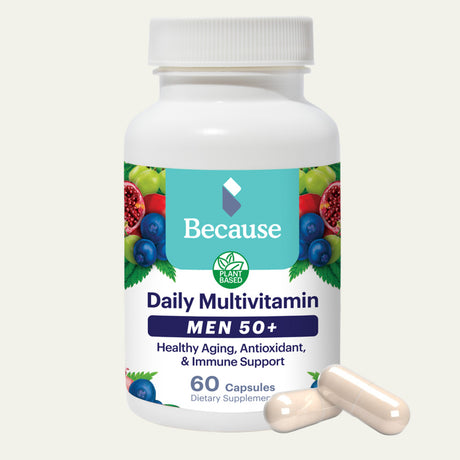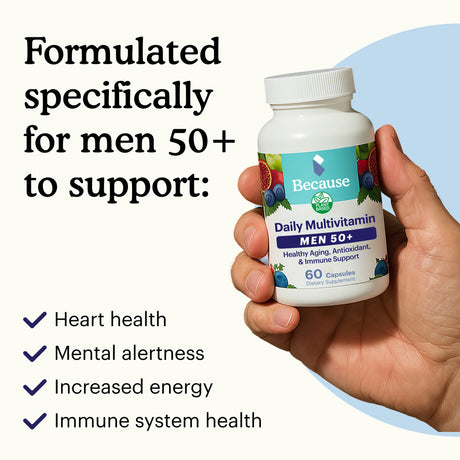When it comes to caregiving for aging parents or loved ones, incontinence issues are almost an inevitable part of the journey but one that is so important to get right. Incontinence can be a challenging issue even for the most seasoned of caregivers. When I was caregiving for my father, who had dementia, and later, for my mother, I learned a few things that can help reduce the stress of that part of the caregiving journey.
Here are 11 tips to help reduce the stress of caregiving for a person with urinary incontinence.
1. Check with your loved one’s healthcare provider.
Urinary incontinence is the inability to control when to empty the bladder. It results in leakages of small or large amounts. It can develop with age or other structural issues. If bladder leakage is a new issue, be sure to check with your loved one’s healthcare provider. There may be a reversible issue such as a urinary tract infection of a structural problem that can be fixed.
2. Adopt a matter-of-fact approach.
Don’t be over-emotional.
3. You may need to convince your loved one to use leak-protection products.
Once incontinence becomes a permanent issue, your loved one will need to use leak-protection products. It can be both an embarrassment and a realization of loss of independence to begin to use products for incontinence.

Don’t refer to the products as diapers. This has a very negative connotation. Only babies wear diapers. Use the terms briefs, pads, undergarments, or pull-ups.
Be empathetic to their situation. Express to them that it will be much less embarrassing to wear a leak protection product than to smell like urine or have wet garments. Work with your loved to find an absorbent, comfortable, and discreet solution that will help them to maintain their dignity, keep their appearance, and extend their independence.
4. Set up a Bathroom Schedule
Setting up a bathroom schedule can help to avoid a rush to the bathroom and possible accidents. Have them try to urinate every 2-4 hours rather than waiting to go when they feel the urge.
5. Make it Easier to Get to the Bathroom
If your loved one is still mobile, bathroom visits will probably be of the urgent type so it’s best to make some preparations in advance. Make sure there is good lighting on the way to the bathroom, that clutter or other objects won’t cause a problem and that the toilet has been modified for ease of use and that grab bars have been installed.
6. Be mindful of skincare.
Urine and moisture can cause damage to the skin and other tissues. It’s important to keep the skin dry. Use a barrier skin cream can also help.

7. Avoid bladder irritants such as smoking, coffee, sodas and alcohol.
These can contribute to bladder leakage.
8. Adequate hydration is important
You might be tempted to think that limiting fluids would reduce bladder leakage but that’s not correct. When a person becomes dehydrated, the urine becomes concentrated and can be an irritant. Dehydration also increases the chance of urinary tract infections.
9. Always be prepared.
Carry supplies for your loved one with you when going out – leak-protection pads or briefs, flushable wipes, some skin cream and even an extra outfit in case of leakage are a good idea.
10. Have them wear clothing that can be easily removed.
Easy-care dresses or pants that are loose with elastic waist bands are a good option for those with incontinence. Struggling with buttons and zippers when the need to urinate becomes urgent is not a positive situation.
11. Choose the proper leak-protection products
You'll want to be sure to choose the best bladder protection products possible for your loved one. That's why I recommend Because Market products.
What are the most important things to look for when shopping for leak-protection products?
Shopping for leak-protection products for my father was daunting to say the least. At that time, there were no home delivery options available so it was basically a crap shoot to find leak protection that worked. It’s not an item you want to ask an employee for advice or stand around reading all the labels. Here are some tips below.
Absorbency
Because Market products have best-in-class absorbency.
Their women’s maximum absorbency underwear has a discreet fit and absorbs up to 4 cups of liquid. Their Overnight Underwear absorbs up to 6 cups of liquid, which is 37% more than the leading brand. Overnight Pads for women absorb up to 3 cups of liquid. Booster pads absorb up to 4 cups. You’re able to shop by absorbency on the website: moderate, maximum and overnight.
Their products are also odor-protection technology to keep the wearer feeling fresh and clean.
Skin Protection
Because Market products are designed for sensitive skin. They're latex-free, dermatologist tested, and contain no harsh chemicals. Their barrier cream contains zinc oxide and vitamin to both prevent skin irritation and to soothe.
Sizing
50% of leaks are caused by incorrect fit so it’s important to use the right size of protection. Because Market has more sizes than most of the manufacturers. They carry small/medium, large, X-Large and an XX-Large size.
Pricing
Because Market products are 20% to 50% less expensive per product.
Discreet and convenient delivery
Because Market products are delivered straight to your door in discreet, non-labeled packages. You can schedule monthly deliveries and save 10% every month so you or your loved one never runs out.
If you’d like to try Because Market’s products, you can get a starter pack of products to try at www.becausemarket.com/SHELLEY.














